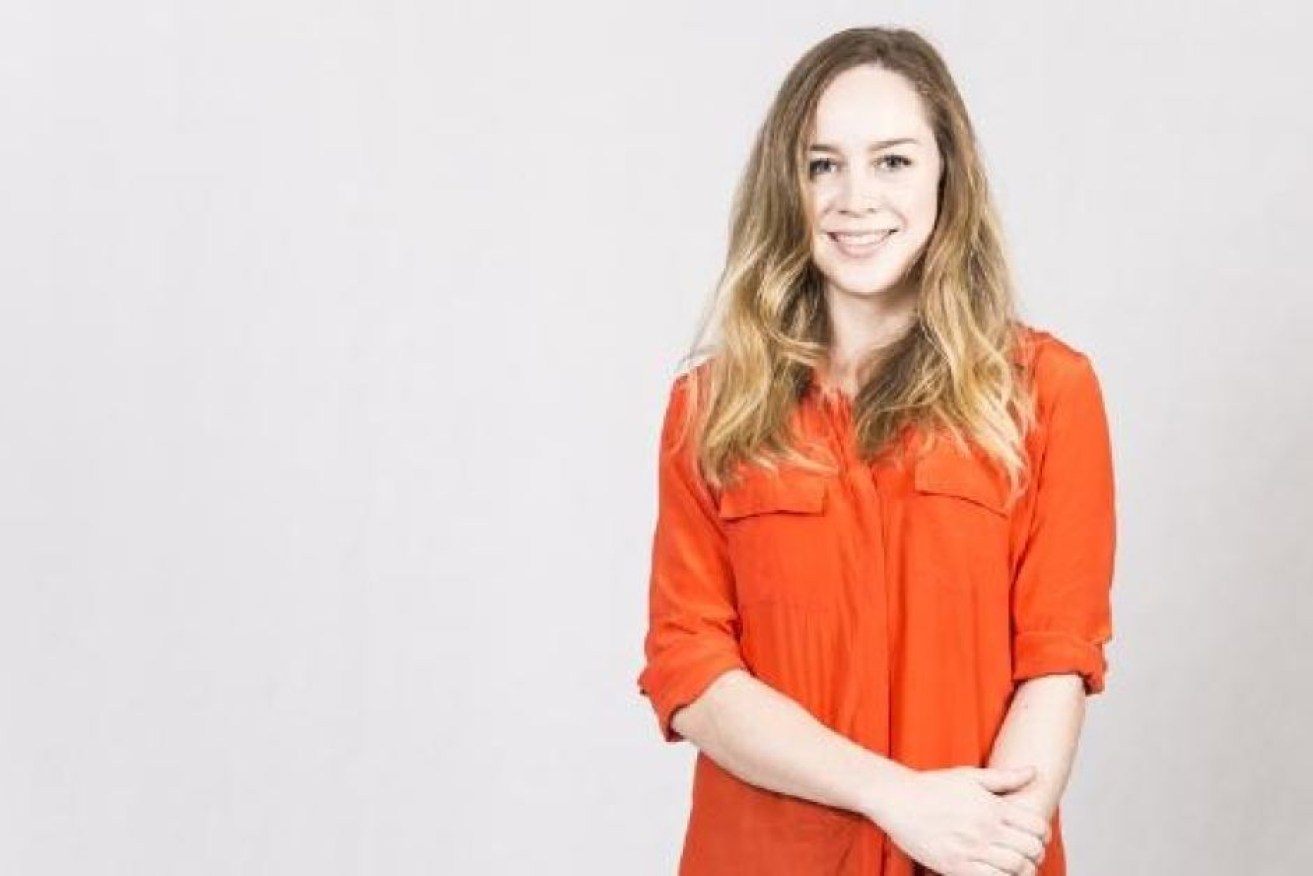HIV misconceptions leading to delayed diagnosis, advocacy group says

Abby Landy says there needs to be more awareness about women's risk of HIV. Photo: Abby Landy/ABC
It took 28-year-old Abby Landy several visits to doctors — and even the emergency department — before she was eventually diagnosed with HIV.
And according to a leading advocacy group for people with the virus, her experience is not uncommon.
Five years ago, Ms Landy went to visit her GP after an unusual outbreak of cold sores and fever.
“I had recently started a new relationship, so I got a sexual health screen,” she said.
However she was not given a HIV test.
“I was given some anti-virals for the cold sores and [the test] came back all clear — everything was negative,” she said.
But Ms Landy kept getting sicker.
In desperation, she Googled her symptoms and found they were “terrifyingly similar” to HIV.
“I went back to my doctor one morning and just said, ‘Look, I want you to test me for HIV,'” she said.
“She said, ‘Abby, it’s probably not necessary. You know, you’re an Australian woman, the chances of you having come into contact or contracting HIV are so slim that doing the test probably isn’t necessary’.”
Ms Landy said she was so grateful her instincts told her to insist.
“[Because] the test came back positive,” she said.
Under-testing leading to late HIV diagnosis in women
The National Association of People with HIV Australia (NAPWHA) said stereotypes persist in the medical community around who is likely to contract HIV, and so it is often left out of standard sexual health tests for women.
“Testing is not only not on women’s minds, but also [not on the minds of] health care practitioners and some GPs,” said Kath Leane, convenor of the association’s women’s network Femfatales.
Luckily for Ms Landy, she was diagnosed with HIV relatively early — but that’s not the case for many women who contract HIV, according to NAPWHA.
Ms Leane said under-testing means that women who contract HIV often aren’t diagnosed until the late stages of the disease — when it’s already done significant damage to the body’s immune system.
“Often, women risk not even testing, or they only test after themselves or a sexual partner becomes unwell,” she said.
“So it’s diagnosed quite late, which is not good for their overall health.”

AIDS Action Council of the ACT executive director Phillippa Moss. Photo: ABC
But Ms Landy said it was important to remember that the H in HIV stands for human.
“Anyone who is sexually active is at risk. And it makes no sense to me why you wouldn’t run the test routinely,” she said.
While globally there are more women than men with HIV, in Australia only 10 per cent of people living with HIV (about 3,000 in total) are women .
As a result, stereotypes persist that women who contract HIV must be promiscuous, be sex workers or have multiple partners.
Today is the National Day of Women Living With HIV, a day established to celebrate women living with the virus and to combat stigma.
“I don’t think [the stigma] has gone away, because that’s what women tell us,” Ms Leane said.
“Women are almost like a minority within a minority.”
Women unheard, less likely to go public
AIDS Action Council executive director for the ACT, Philippa Moss, said this stigma meant women with HIV often went unheard.
“Women are far too often silenced, and their experiences are unrecognised and un-addressed because women don’t meet the stereotype of the so-called typical person who’s going to contract HIV,” Ms Moss said.
“HIV is seen to be a ‘gay man’s’ disease, when in fact it’s not.”
Ms Moss said women remain more likely to report unwanted disclosure of their status and are under-represented in clinical trials.
And they are also less likely to go public.
“Women tend to go underground and hide, and don’t come out when they’ve been diagnosed,” she said.
Ms Landy said she only spoke up after hearing the stories of other women.
“I felt a great deal of shame initially, and I was terrified. I was never going to tell anybody,” she said.
“But I started engaging in private women’s groups with other positive women … I just felt like my situation really allowed me the privilege to speak about my experience.”
Ms Leane has a reminder for anyone with the virus: “After diagnosis you’re still the same person. You have a virus in your body, but you still have the same heart and soul and mind.”








